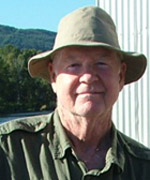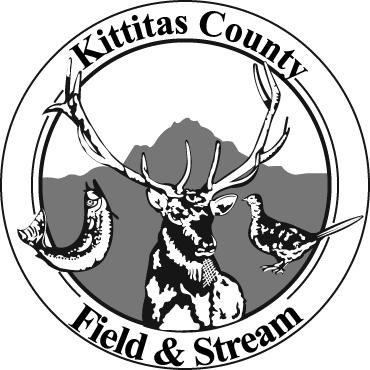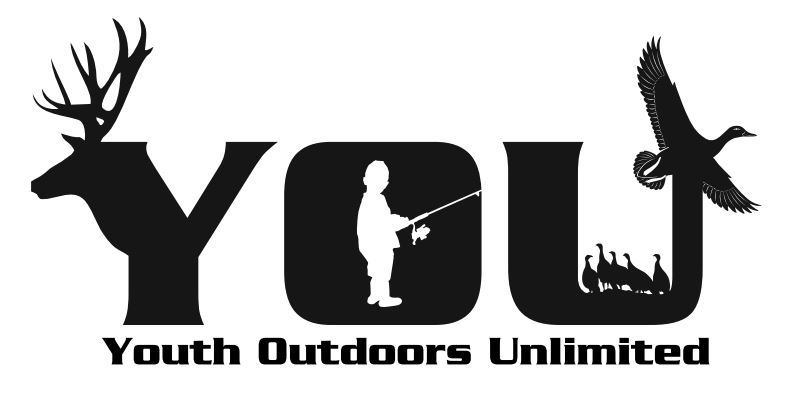Fishing and Hunting and Kids and Society
Even in the Golden Age of the 50s, strange as it may seem, Americans still went off half-cocked. Two of The Old Man’s favorite questions were, “So, what is the problem to be solved by this brilliant solution?” and “How in hell does this solve that ‘problem?’”
Several things in the air lately have me remembering the look on his face as he shook his head at what was obviously convoluted thinking. You may recall that my father’s father died when he was ten years old. He immediately left school and went to work to help support his mom and sister. By the time I was six (fhe had to be all of 26 or 27 years old), he was already referring to himself as The Old Man. His grammar and spelling left a bit to be desired, but he wrote with a fine hand and a clear mind. His BS detector was a work of art.
There seems no shortage of hyperbole around us this summer. No doubt we will see it excalate as we get into the election season, and begin ever more seriously weighing issues of health and welfare and firearms and wildlife management and fires and our responsibilities to future generations. Some of it is silly. Some of it is downright scary.
Consider fishing. The “fishing is cruel” campaign, which reached a peak a decade or so ago seems to be resurfacing in a few places around the country. My guess is that this is just a random occurrence, but a couple friends in Colorado have been questioned this summer about the cruel nature of the fishing which brings them food and pleasure, and the damage such cruelty might do to their youngsters’ psyches. There continue to be pushes to keep fishing and anything relationg to it out of public schools, apparently.
The best example I saw of this plea to schools dates back to a 2002 fax concerning the dangers of teaching fishing to youth. Dan Shannon was the “Fishing Hurts” Campaign Coordinator for PETA at the time. The fax went to Principal Cambs, of Baldwinsville, NY’s Baker High School. “I am writing on behalf of PETA members and supporters in your area,” it said, “to ask that you cancel Baker High School’s plans for a school-sponsored fishing trip…and to ask that you cancel the fly-fishing “physical education” course… (F)ishing involves hurting animals and therefore has no place in an educational setting… You might as well take the kids to a dogfight.”
People can get pretty passionate about wildlife and wild things. Some passions seem way over the line.
You have probably heard a thing or two about Kendall Jones over the past few months. She is a nineteen-year-old Texas Tech cheerleader, and an active member of a hunting family. She has hunted a fair amount of North American game, and always dreamed of hunting the big animals of Africa. She hunts with firearms and bow and arrow. Her posts about her African hunts, and the pictures which accompanied them, on her Facebook page stirred up a hornets’ nest.
She and her family paid substantial fees for the hunts she made – fees used to support habitat and wildlife populations and prevent poaching. Substantial amounts of money also went into schools and village programs. The edible meat from the animals she took went to villages and villagers in the areas where the hunts took place. Her hunts were textbook examples of how countries allow sustainable hunting and promote conservation and populations with the resources such hunts bring.
These are concepts which have been demonstrated time and again in Africa and elsewhere. The permits for five black rhinos in Namibia, for example, fund the protection and conservation of the country’s nearly 2,000 rhinos. Several countries fund their entire wildlife programs with expensive hunts for specific animals, and find ways to build and protect populations through selling permits for a handful of individuals. Still, such things stick in the craws of those who can’t see how hunting can possibly be a sustainable – or even okay – activity for animals they have been told are endangered or in trouble.
Kendall’s smile in some of trophy photos was called “menacing” by one news agency. A spokesman for an animal welfare group hoped she and others who hunt would disappear before the animals. She received hundreds of negative comments relating to her role as a woman hunter – comments rarely, or never, made about men in those situations. Rather than contributing to the discussion, or argument, about the role of hunting in conservation, many of her correspondents first condemned the loss of an animal she took and then wished her dead.
Do a search for “Kendall Jones” and decide for yourself.
I wonder where The Old Man’s questions will take us when we start thinking about violence in society, gun control, and the two competing firearms-related initiatives on our fall ballot?







